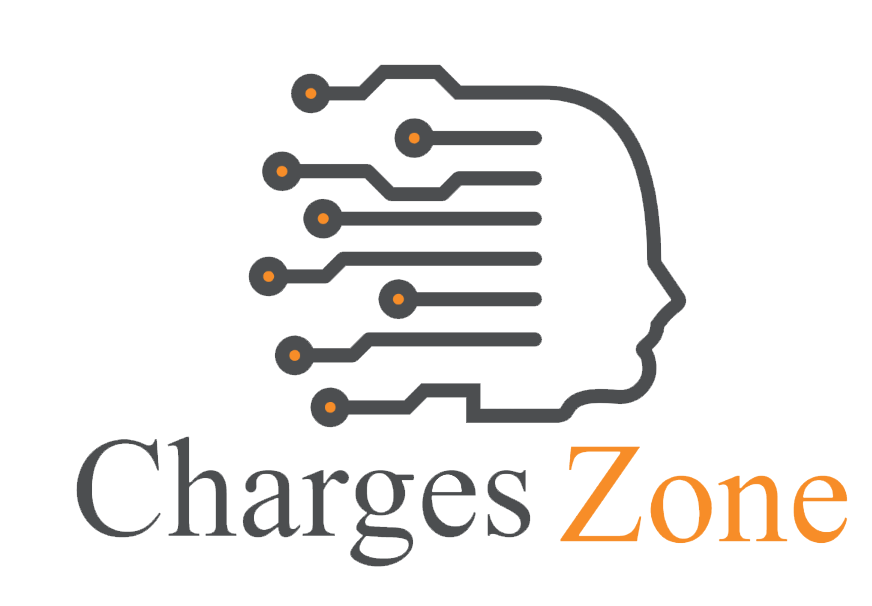Cancel Сulture: How To Deal With It
Cancel culture is the collective call to stop engaging with brands or individuals. It has violated accepted societal norms and is one of the most controversial phenomena in popular culture. Some consider it censorship, others consider it a force of public opinion. A massive boycott can destroy reputations, lay off jobs, and bring down the sales of big brands. If you feel you are part of society, check out this fantastic Woo casino review. It will help you to find a great hobby!
Historical Notes
The phenomenon originated in the USA. It is generally accepted that the first mention of “cancel” in the meaning under consideration appeared in the 1991 action movie “New Jack City”. In that movie, the main character demands to “cancel” his girlfriend after she scolds him.
The term became widespread two decades later. In a 2014 episode of Love & Hip Hop: New York, one of the characters says to her boyfriend, “You’re canceled.” The phrase went viral on social networks, it began to be used to describe social problems in a person.
In the West, interest in abolition escalated in 2017. American film producer Harvey Weinstein has been accused of harassment. More than 80 women reported humiliation on his part. In a short time, he was deprived of awards, and work and put on trial, imprisoned for 23 years.
The incident started the online #MeToo movement. It condemned harassment and gained incredible popularity abroad. For several years, a wave of stories of harassment by politicians, celebrities, and employees of large companies swept the world. Comedian Louis C.K., director Brett Rattner, celebrity chef John Besh, British Defense Secretary Michael Fallon, and more have been accused. Subsequently, this was called the “Weinstein effect.”
How Starts The Cancellation
A high-profile scandal always carries reputational risks. But it does not always lead to the “cancellation” of the brand. For this to happen, five elements are needed.
1) Large active audience in social networks. 2) Sensitive topic. 3) Availability of affordable alternative products for consumers. 4) A strong gap between expectations and reality. It is when a brand loudly declares a social agenda but does not live up to it. Recall the scandal that the H&M retailer got into in 2020. The company promoted a recycling campaign to recycle clothing. Any buyer could come and hand over old things to the recycling container. However, the credibility of the initiative was undermined when eco-activists found clothes in landfills and second-hand shops. 5) A high-profile newsbreak that can go viral.
If this explosive mixture does not exist, calls for cancellation will not go beyond comments on social networks.
Cancel culture has one important quality: temporality. Another important factor is audience loyalty. Long-term clients of the company are reluctant to part with their favorite brand, even in the event of a scandal. According to Forrester, 41% of consumers will return to a brand that apologizes and admits they were wrong.
How Can It Be Stopped?
There are several ways to cease aggression. Yet, you definitely must know what to do.
Respond publicly and quickly
In November 2022, the German branch of KFC got into a nasty scandal. Due to a technical error, customers were sent an offer to celebrate Kristallnacht with tender cheese. Kristallnacht in 1938 is one of the tragic events in Germany, which marked the Jewish pogroms throughout the country. Despite the incident, the company quickly responded to the error and publicly apologized to customers about an hour later.
State a clear position on an issue
In 2020, a former employee of the Reformation brand accused the employer of racism and systemic discrimination. Given the sensitivity of the topic for American society, the topic has entered the public field.
The company was in no hurry to apologize but initiated a large-scale investigation, which was conducted by the law firm Morgan, Lewis & Bockius LLP. As a result, lawyers recognized that there is no racism in the Reformation. The scandal has come to an end.
Report how the problem is being solved or the source of the conflict is being eliminated
Dissatisfaction with Regina Todorenko quickly faded away, largely due to the fact that the TV presenter was not limited to words. Regina made a documentary film on the topic of domestic violence and donated 2 million rubles to the Violence.net charity foundation.
Organize a campaign with positive social overtones
In 2021, beer maker Heineken joined the coronavirus vaccination campaign and published an ad in support of the vaccinated:
But the anti-vaxxers were offended. They went viral on Twitter with the hashtag #BoycottHeineken and publicly poured beer into the sinks. The brand took a tough stance, which was later appreciated by users. The cancellation did not take place.
In Conclusion
Cancel culture is a unique phenomenon that, like any stick, has two ends. On the one hand, it is a powerful force capable of calling the perpetrators to account. Only if it does not go out at the stage of comments. On the other hand, in social networks, “there is no truth” and in the wake of the frenzied hype, innocent people and brands can mistakenly be ostracized.
The search for evidence should be primary for “cancellation” and only then – loud informational noise. Then it might be useful.








